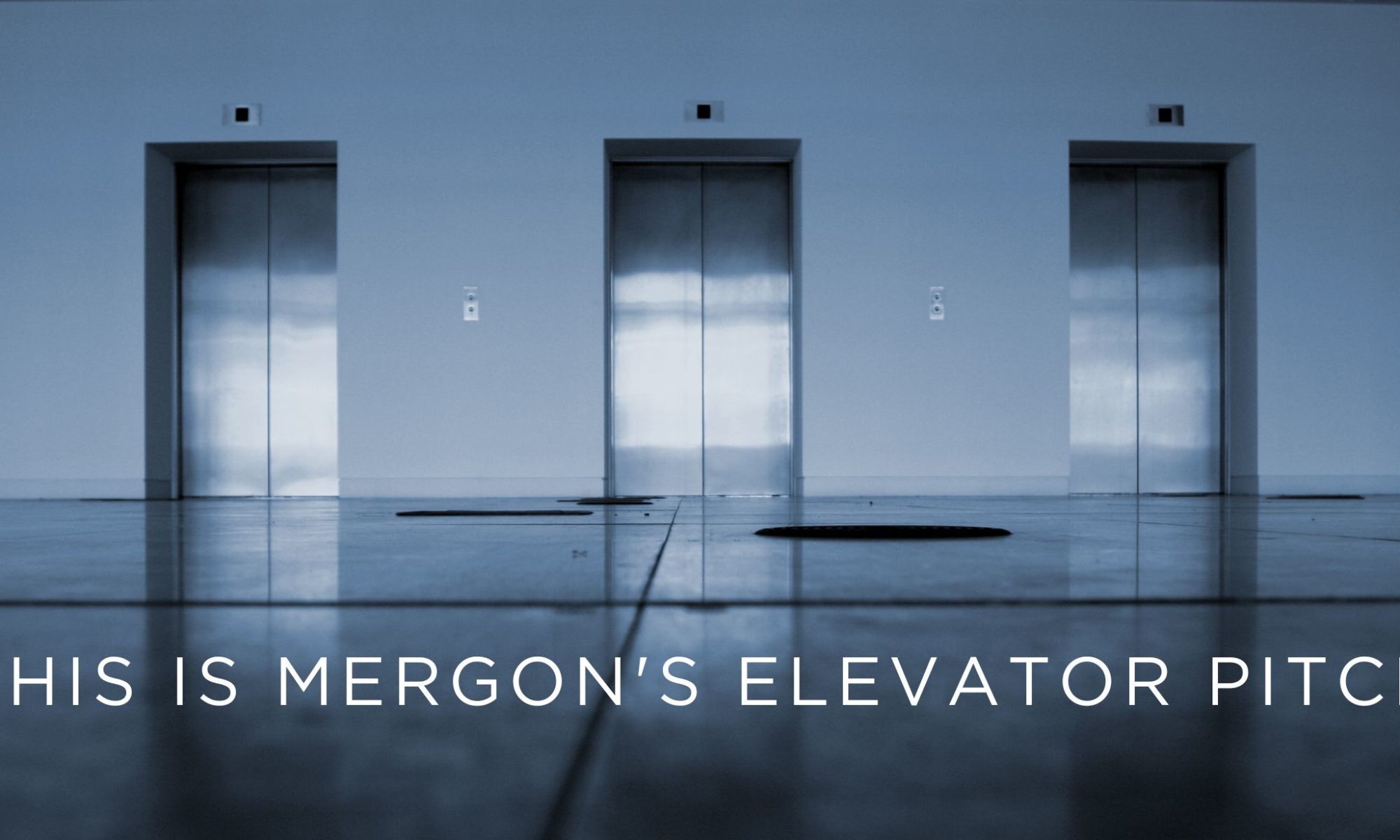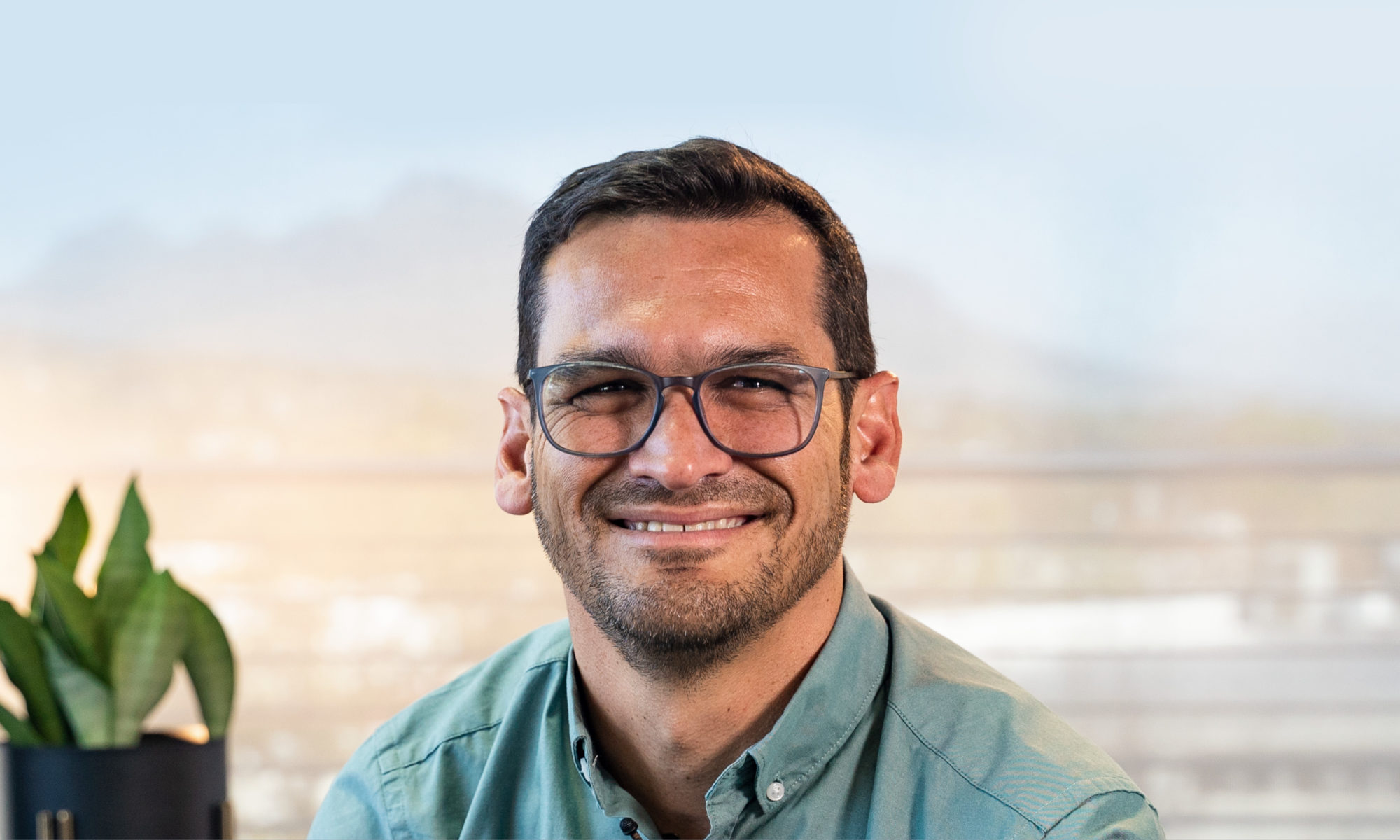Every company has an elevator pitch. With so many moving parts, you might say that Mergon needs a particularly tall building to do its pitch justice. We often hear the question asked, ‘what exactly do you do at Mergon?’ – an understandable question, considering that Mergon is not your ‘typical fit’ in business nor ministry. We are an investment company – but not purely one; a foundation – but not only that. We partner with the business community to lead in social investment and shape the marketplace – but not solely for the sake of social development.
Mergon is rather a combination of all these elements, with a unique fit that has been shaped, we believe, over four decades by the leading of God. The path has been anything but straight and foreseeable, as God has widened our vision and taken us in often counter-intuitive directions.
In the early days Mergon saw its mission of Kingdom expansion as primarily being a funding conduit to a handful of selected ministries. This perspective has broadened, especially over the past decade, to reflect a more holistic understanding of our calling. Today we see ourselves as resource partners on the journey toward Kingdom impact. As Mergon CEO Pieter Faure puts it, ‘Everything about us – our activities, behaviours and approach to relational partnerships – pivots on this central purpose.’
So what does it mean to be a resource partner?
It means that we regard money as a critical resource, but not the only one. There are a host of complementary attributes we can bring to the relationship beyond finances, which include our networks, skills, knowledge and experience. Often these different types of ‘social capital’ cost little but have a disproportionate value for the leaders and organisations they serve.
In the investment team, we have brought mentors alongside business leaders to support them on their entrepreneurial journey. Through Ziwani, we provide practical hands-on resources as well as opportunities for Christian business leaders to connect and encourage one another to live out their marketplace calling in Africa. On the Foundation side, we create tools and opportunities for ministry leaders to grow in their leadership and organisational health and offer programmes like the ‘Healthy Leaders Journey’ for new partners to invest in their personal development.
Says Neil Hart, Mergon Foundation head: ‘Each of these leaders have their own unique story, hopes, and dreams. We want to know about them – as well as grow in our understanding of their culture, the context they operate in and the unique challenges they face. The more we can understand these realities, and sometimes relate to them, the better we will be in effectively serving our partners and strengthening their impact.’
What does it mean to be partners on a journey?
At Mergon we often refer to ourselves as ‘redemptive stewards of God’s entrusted resources’. Whether it be through our work at Ziwani, supporting and equipping the business community to shape Africa’s marketplace, or walking alongside entrepreneurs to build strong, scalable businesses – our purpose is to show something of God’s redemptive heart through partnership.
We have seen how partnerships can unlock immense possibilities when people are willing to join forces and lay down their own interests in pursuit of a common goal. We’ve also seen how it requires of us humility, intentionality and perseverance. In a world where funding models and business relationships are often flawed, we have the chance to model something different – showing up in ways that reflect God’s heart.
True partnership, we believe, is not in giving a hand-out, or a hand-up — but rather in taking hands as we each bring something of value in order to bring about real change. ‘This requires us to extend respect, dignity and authenticity and to invite our partners to bring all of who they are to the relationship – their successes, their failures and their vulnerabilities,’ says Pieter. ‘This is a big ask, to expect of them to be real and to also step out on that bridge of relationship. And conversely, for us, to be trustworthy with their realness. Yet, as we better relate to their challenges, we can truly serve them.’
The reality is, none of us have all the answers to society’s problems. But the more that we can work together, and lock arms across industries and societal sectors, the more effectively we can carry the load and be amazed at the change we can bring. We can start to unlock our calling, which is to become catalytic in our partnership for Kingdom impact.
What does it mean to be catalysts for Kingdom impact?
A catalyst is a small dose of substance that, when released into the right environment, has the potential for a disproportionate effect. A small seed can sow a great harvest. Written into its design is the blueprint for an extraordinary acceleration of transformation and impact, fruitfulness and abundance.
‘In the same way, we aim to sow our ‘small seeds’ in order to be a catalytic partner that contributes to the multiplication and increase of the impactful work of our partner organisations across Africa and the Middle East,’ says Neil, ‘whether that be that in discipleship, education, skills development, training or caring for the poor, marginalised and vulnerable.’
Catalytic momentum is possible when we work together, acknowledging that each of our parts is small but essential in the bigger story God is writing.



